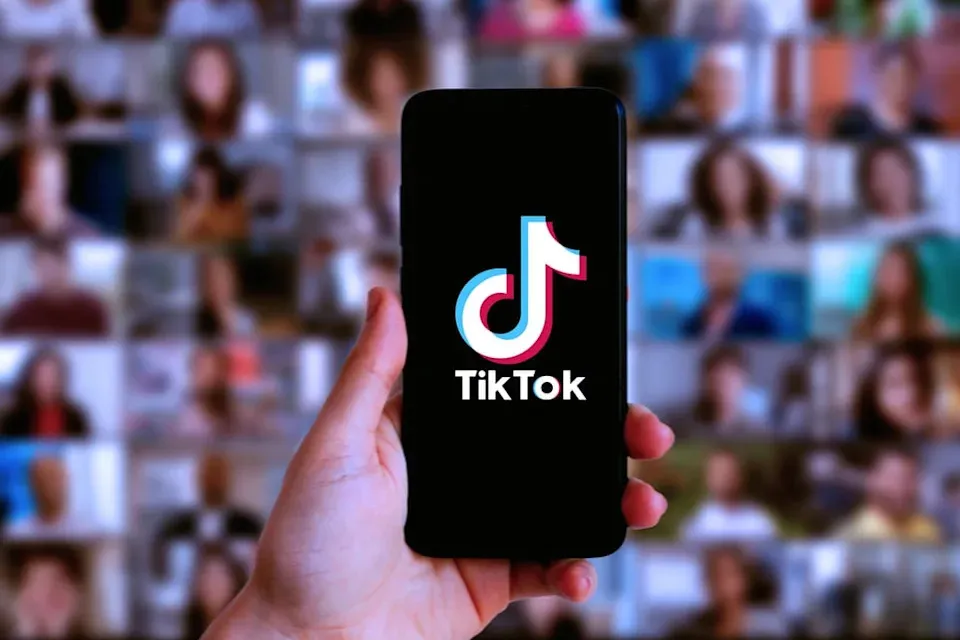Data Privacy Is Dead : Long Live Data Exposure as a Business Model
Data privacy once sounded like a noble ideal. Politicians pledged to defend it, corporations vowed to respect it, and consumers pretended to understand it. In 2025, that illusion is gone. Privacy has not only died, it has been monetized.
According to Bloomberg, global spending on “data compliance infrastructure” reached $240 billion this year, while actual consumer privacy breaches hit record highs. The industry that promised to protect information now profits from exposing it.
Tech firms have discovered a new form of capitalism: data exposure as a service. The logic is breathtakingly simple. If you cannot stop the leaks, just start selling them.
The Guardian called it “surveillance with better branding.” The Wall Street Journal described it as “an economy where transparency means your browser history is available for licensing.”
In this new digital order, every click, swipe, and scroll is worth something. And someone, somewhere, is selling it.
From Privacy Protection to Privacy Packaging
The business world has perfected the art of pretending to care about privacy while quietly monetizing every aspect of human behavior.
Bloomberg Intelligence reports that nearly every major tech company now runs a “privacy innovation division,” which in most cases is a department dedicated to developing more efficient consent pop-ups. These notifications serve one purpose: to ensure users give away their data faster and with greater legal compliance.
The BBC investigated one such firm whose AI-driven privacy system automatically updates user agreements in real time. Each clause is dynamically rewritten based on local laws, user habits, and attention spans. The average person spends 2.3 seconds reading them before clicking “Accept All.”
Meanwhile, marketing agencies are rebranding themselves as “data ethics consultants.” Reuters found that several of these firms now offer “ethical exposure strategies,” which promise to make corporate surveillance sound responsible. One CEO described their mission as “helping clients leak with integrity.”
The result is a global marketplace where privacy protection has been inverted into privacy performance. Companies flaunt their transparency dashboards, proudly displaying exactly how they collect, analyze, and sell your information.
Even governments have joined the game. The European Union’s Digital Accountability Initiative publishes quarterly reports on citizen data usage. The report is, naturally, sponsored by an analytics firm that tracks who reads it.
The Guardian recently quoted a data policy expert who said, “We have reached a point where companies protect your data by turning it into a product. It’s like firefighters setting controlled burns for profit.”
The Monetization of Trust
Trust is now a subscription service.
In 2025, corporations no longer promise to keep your information safe. They promise to manage its resale responsibly. According to The Wall Street Journal, tech firms have begun offering “premium privacy tiers,” charging users to limit third-party tracking. For a small monthly fee, you can now buy back your own anonymity.
Meta offers Privacy Plus, a $14.99 subscription that lets users opt out of targeted advertising while still agreeing to “contextual optimization.” Translation: you still get tracked, just more tastefully.
Bloomberg reported that several telecom giants are testing “data-sharing rebates,” giving customers small discounts for allowing their location and browsing information to be used in “research partnerships.” A marketing executive described it as “empowering users to participate in the data economy,” which is corporate code for “we’re paying you to stop complaining.”
Even financial institutions are in on it. One major bank in Singapore recently launched a loyalty program that rewards customers for sharing transaction histories with third-party vendors. Privacy, in this model, is no longer a right. It is a loyalty tier.
The Guardian notes that this transformation mirrors the rise of carbon offsets. Consumers no longer demand purity; they want convenience wrapped in good intentions. Data exposure is no longer a moral failure but a lifestyle choice.
Reuters revealed that several insurance companies now use “consensual surveillance” programs, where customers agree to share health or driving data in exchange for lower premiums. The catch: once you start sharing, you cannot stop. Opting out raises your rates.
A cybersecurity analyst told Bloomberg, “We have successfully gamified privacy. It’s not about protection anymore, it’s about participation.”
Government Regulation as Performance Art
Governments, predictably, are responding with policy theater. The BBC described it as “a global competition to regulate privacy in ways that sound bold but change nothing.”
In Washington, lawmakers celebrated the passage of the Data Dignity Act, a sweeping piece of legislation that guarantees every citizen the right to be notified before their data is resold for the fifth time. The bill’s sponsor called it “a new era of accountability.” The fine for noncompliance is lower than the cost of a sponsored tweet.
Europe’s famed General Data Protection Regulation (GDPR) has evolved into a bureaucratic art form. Companies spend millions proving compliance through endless documentation, which they then upload to public databases that accidentally expose user information.
Bloomberg reports that regulators in Asia are taking a different approach: licensing. Instead of fighting surveillance, they are formalizing it. Data collection is now considered a taxable activity, with governments taking a percentage of corporate tracking revenue.
The Guardian noted that this model has turned privacy into a public commodity. Governments have no incentive to restrict data flow when they profit from it. The result is a curious moral equilibrium where everyone is accountable and no one is protected.
Even the United Nations has joined the conversation. Its new Global Data Compact outlines “universal digital rights” that read suspiciously like terms of service. The document was drafted with input from the same corporations it intends to regulate.
A Reuters correspondent covering the UN summit described the atmosphere succinctly: “It felt less like diplomacy and more like a product launch.”
The Death of Secrecy and the Birth of Surveillance Chic
Data exposure has become fashionable. Privacy is for people with something to hide, and modesty has never been good marketing.
Tech companies now frame surveillance as empowerment. Apple’s latest campaign features smiling users under the tagline, “Control your privacy by sharing it with us first.” Google’s annual report highlights “transparency milestones,” including how many terabytes of user data were responsibly stored, encrypted, and monetized.
Bloomberg Intelligence says the average social media user now generates $290 in data value per year, up 40 percent since 2023. Most of that revenue comes from predictive analytics that determine not only what you buy, but when you are likely to feel insecure enough to buy it.
The Guardian wrote that “surveillance has become the new customer service.” Apps monitor mood, movement, and attention spans, using micro-signals to tailor dopamine hits in real time. Consumers call it personalization. Economists call it dependency.
Even startups are cashing in. A Berlin-based company recently launched a dating app that uses AI to predict compatibility based on shared browsing histories. Its slogan: “No secrets, just love.” The app sold 5 million data profiles to advertisers in its first quarter.
The BBC observed that the line between transparency and exhibitionism has officially vanished. Privacy is no longer an expectation. It is an aesthetic, like minimalism, but for your dignity.
Conclusion
Data privacy has not simply disappeared. It has been rebranded, monetized, and fed back to consumers as empowerment. The tech economy thrives not on secrecy but on confession, not on protection but on participation.
Bloomberg calls it “the commodification of vulnerability.” The Guardian calls it “honesty with a subscription fee.” Both are accurate.
Governments regulate, corporations reassure, and consumers consent. Everyone wins, except for the concept of privacy itself.
The modern digital citizen no longer asks, “Who owns my data?” They ask, “What’s my data worth?”
And in a world where every click has value, the answer is simple. You are not losing privacy. You are just selling it, one checkbox at a time.





Recent Comments